Producer’s Pride Whole Oats Horse Feed, 50 lb.
Finding the right horse feed can be both costly and confusing. By offering delicious and quality nutrition at a great price, Producer’s Pride makes it easy to give your horses everything they need to stay happy and healthy without breaking the bank.
Quality Feed at an Everyday Great Value
Finding the right horse feed can be both costly and confusing. By offering delicious and quality nutrition at a great price, Producer’s Pride makes it easy to give your horses everything they need to stay happy and healthy without breaking the bank.
We Love Animals (and Know Just What Their Bodies Require)
Who better to make food for animals than farmers? At Tractor Supply Company, we bring our deep passion for land and animals to the center of our products and services. By sourcing the best local produce, utilizing superior water purification processes and thoroughly testing our formulas, we guarantee excellent quality food for your animals.
Full Nutrition for More Than Just Your Horses
Producer’s Pride Whole Oats Feed also has optimal nutrition for cattle, sheep and goats making it an economic way to feed other animals with your horses.
About this Formula
Producer’s Pride Whole Oats Feed is an affordable feed designed to provide optimal nutrition for mature, low active ruminant animals. Featuring a nothing but a clean blend of wholesome oats, this delicious pellet has everything needed to keep your mature animals happy and healthy.
Additional information
| Food Form | Oats |
|---|---|
| Packaged Height | 32 in. |
| Packaged Length | 4 in. |
| Packaged Weight | 50 lb. |
| Packaged Width | 16 in. |
| Product Weight | 50 lb. |
| Product Width | 16 in. |
| Manufacturer Part Number | 9846 |

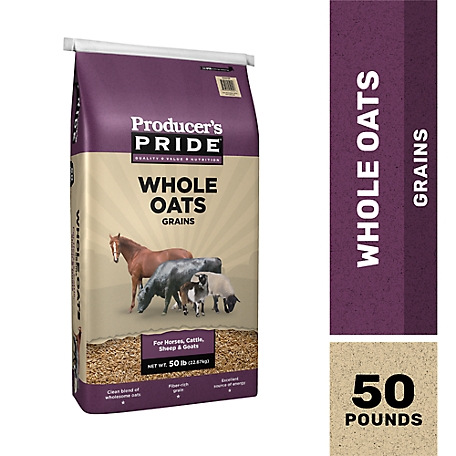
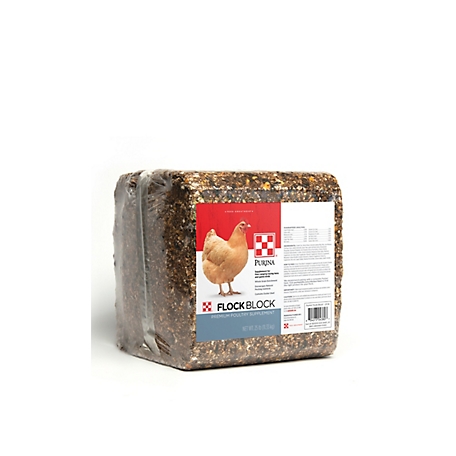
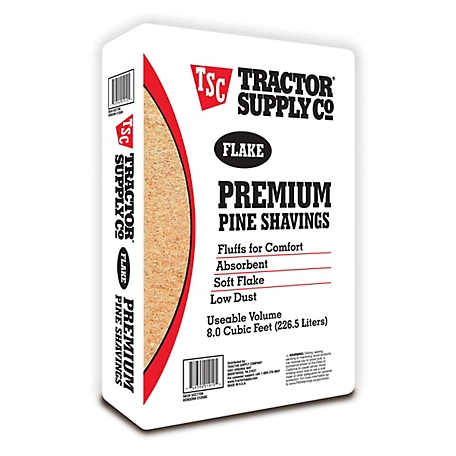



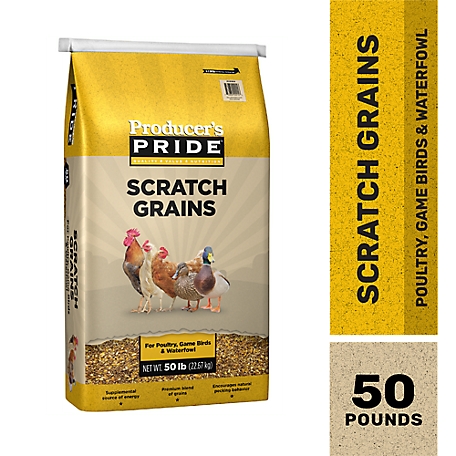
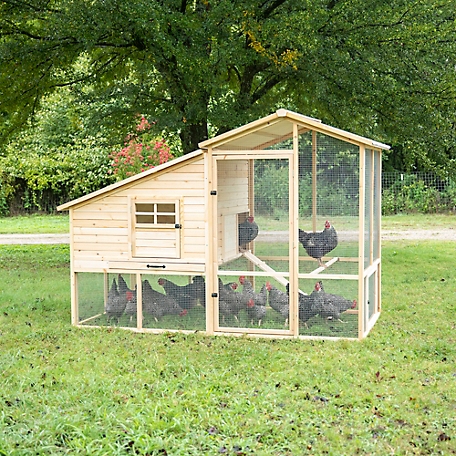

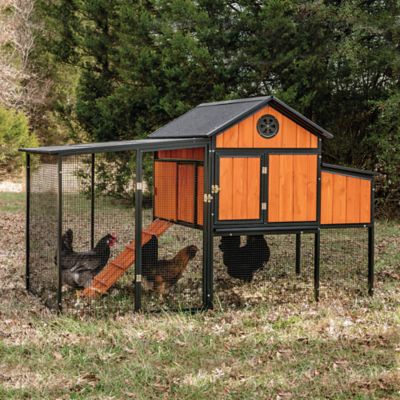
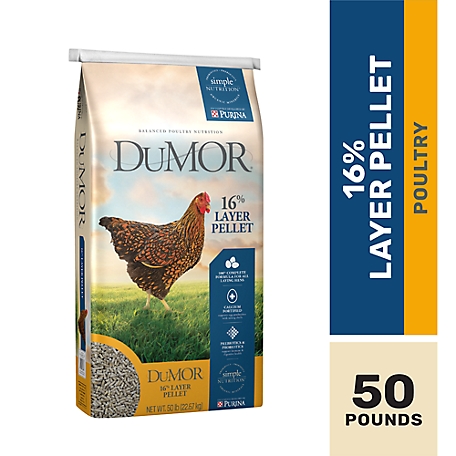
by Yessica
Really good product I totally recommend this product
by Melinda
Great Item to purchase.
by Anthony
Great product always available and prices right.
by Chris
A little more expensive than other places in the area but otherwise fine.
by Bevy
Although we have no horses. My husband combines with other grains for goats and chickens.